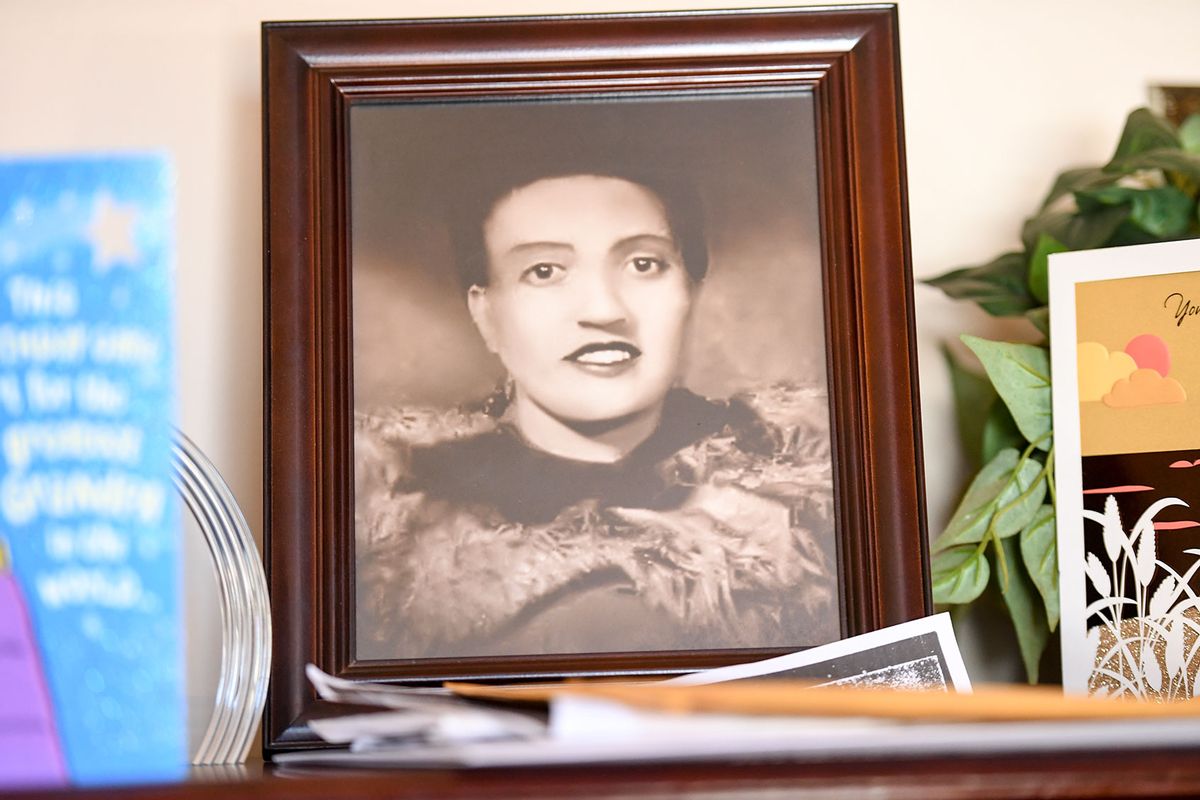The family of Henrietta Lacks on Tuesday announced that it had settled a lawsuit against Thermo Fisher Scientific, a biotechnology company that commercialized the immortal cell line of Lacks, a housewife and tobacco farmer who died in 1951. The announcement was made on what would have been her 103rd birthday.
Decades after her death, Lacks continues to make incredible contributions to medical science. The problem is that these contributions weren't achieved with her consent. In 1951, doctors at Johns Hopkins Hospital extracted Lacks' cervical cells as part of an attempt to treat her cancer. Dr. George Gey, a physician at the hospital, noticed that Lacks' cells reproduce at a very high rate, and began cultivating them for use in a broad range of medical research.
Known as HeLa cells in tribute to their originator, Lacks cells have been used to test toxins, drugs, cancer treatments and much more. They were critical in the development of polio and COVID-19 vaccines and even went to space. Yet the Lacks family never received compensation for the use of her "stolen" cells, and they sued in 2021.
"The exploitation of Henrietta Lacks represents the unfortunately common struggle experienced by Black people throughout history," the lawsuit said. "Indeed, Black suffering has fueled innumerable medical progress and profit, without just compensation or recognition. Various studies, both documented and undocumented, have thrived off the dehumanization of Black people."
The Lacks' life was detailed in a book and later in a movie, both known as "The Immortal Life of Henrietta Lacks." These immortal cells will continue to help scientists and doctors study diseases, but hopefully with more respect to the patient involved.



Shares